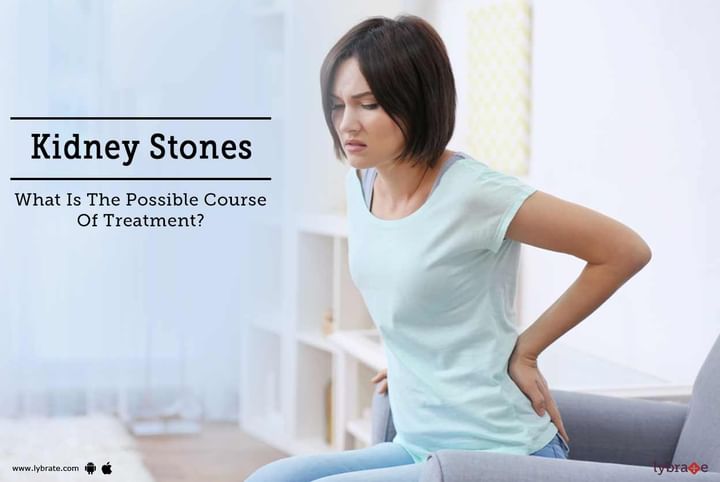Kidney Stones - What Is The Possible Course Of Treatment?
You must be aware of renal stones more commonly known as kidney stones as it is a widely known condition that is common among men and women in the age bracket of 30 to 60. To gain an insight into these small hard deposits that are formed in the kidneys, which cause pain when they pass through the urine read on.
How do you know if you have renal stones?
This could be a tough question to answer in a straightforward manner because experiencing any signs of renal stones is very unlikely until it they start moving around within the kidney or pass in the tube that connects the bladder with the kidney. At this point some of the most common symptoms of renal stones are, pain radiating to the groin and lower abdomen, severe pain in the back and a side portion of the bell, right below the ribs, pain during urination, vomiting, and nausea. In case there's a presence of an infection, chills, and fever may also be evident.
What are the types?
Depending on the crystals that the renal stones are made of, there are four different types of kidney stones, namely, cysteine, uric acid, struvite, and calcium. While calcium renal stones are the most common in people, cysteine renal stones are quite rare. And it is the uric acid stones that are more common in men and the struvites that are mostly found in women who have urinary tract infections.
What are the probable factors that cause the issue?
No definite reason has been found for causing renal stones. However, there are a number of factors that are considered to increase the risk of developing kidney stones, including not drinking enough water, taking certain medications, or having a medical condition that is responsible for increasing the levels of certain substances in urine.
What is the possible course of action?
When the kidney stones are diagnosed in their early stages when they are still small, they can be easily passed in the urine with the help of certain medications. But when the renal stones are found to be large ones, either surgical removal or breaking them up with the help of laser energy or ultrasound may be the only way of getting rid of them.
Remember, there is no straight formula to avoid developing renal stones. However, there are indeed a few factors associated with it by controlling which you can reduce the risks of suffering from renal stones, such as, controlling your weight, staying hydrated and eating healthy. Visit your nearest nephrology specialist right away in case you experience any of the renal stone symptoms as early detection is essential for avoiding surgical treatment.
In case you have a concern or query you can always consult an expert & get answers to your questions!



+1.svg)
